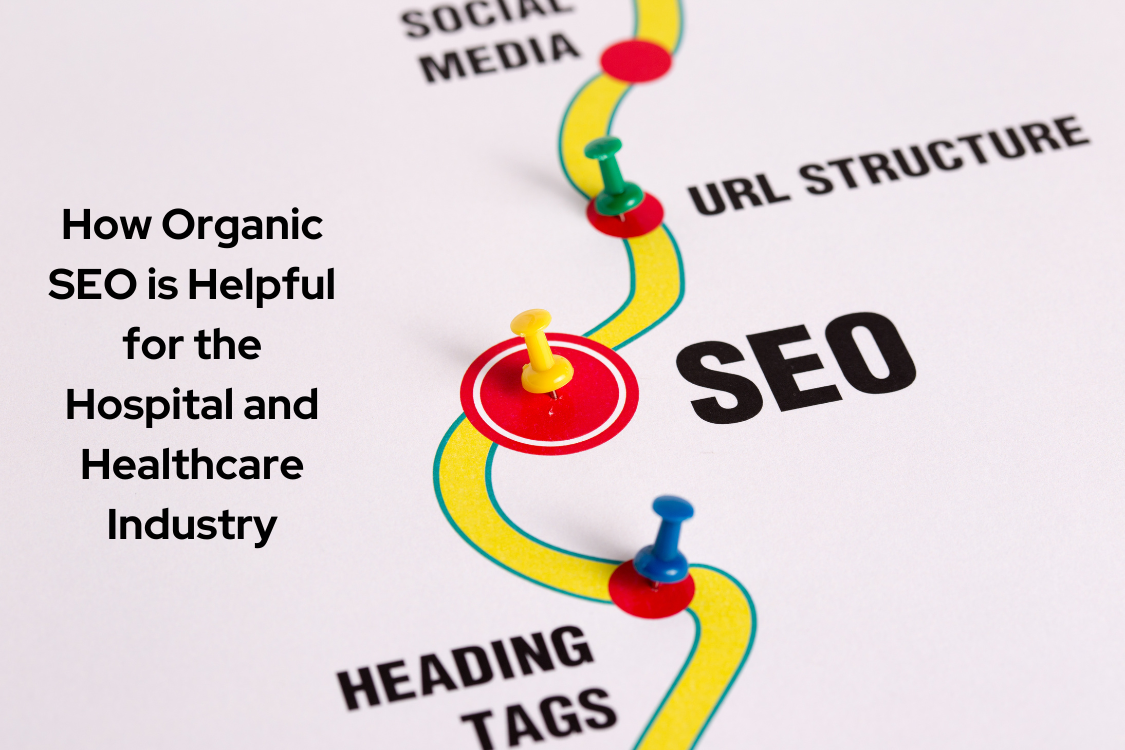In the highly competitive healthcare industry, establishing a robust online presence is essential. As patients increasingly turn to the inte
In the highly competitive healthcare industry, establishing a robust online presence is essential. As patients increasingly turn to the internet to research symptoms, treatments, and providers, hospitals and healthcare facilities must ensure that their websites are easily discoverable. This is where organic Search Engine Optimization (SEO) becomes a vital tool.
1. Improved Visibility and Reach
Organic SEO focuses on optimizing a website to rank higher on search engine results pages (SERPs) without relying on paid advertisements. For hospitals and healthcare providers, this means that potential patients can easily find their services when searching for relevant healthcare terms. By targeting specific keywords related to services, specialties, and locations, healthcare organizations can attract more visitors to their websites.
2. Cost-Effective Marketing
Unlike paid search campaigns, organic SEO does not require ongoing financial investment to maintain rankings. Once a website is optimized and content is strategically aligned with search engine algorithms, the traffic generated is essentially free. This makes organic SEO a cost-effective marketing strategy for hospitals, allowing them to allocate resources to other critical areas.
3. Building Trust and Credibility
In the healthcare industry, trust and credibility are paramount. High organic search rankings often correlate with authority and reliability in the eyes of potential patients. When a hospital’s website consistently appears at the top of search results, it is perceived as a trusted source of information. Additionally, high-quality, informative content that addresses patient concerns further reinforces this trust.
4. Enhanced Patient Experience
Organic SEO emphasizes the creation of user-friendly websites that provide a seamless experience. This includes fast loading times, mobile optimization, and easy navigation—all of which contribute to a positive user experience. When patients can quickly find the information they need, such as contact details, service offerings, or appointment scheduling, they are more likely to engage with the hospital or healthcare provider.
5. Targeted Local SEO
Local SEO is a crucial aspect of organic SEO for hospitals and healthcare providers. By optimizing for local search terms and utilizing tools like Google My Business, healthcare facilities can attract patients from their immediate geographic area. This is particularly important for services that require in-person visits, such as primary care or specialized treatments.
6. Competitive Advantage
In a saturated market, standing out from competitors is essential. Hospitals and healthcare providers that invest in organic SEO can achieve higher visibility than those relying solely on traditional marketing methods or paid advertisements. This competitive advantage can lead to increased patient inquiries, appointments, and ultimately, better patient outcomes.
7. Long-Term Benefits
Unlike paid advertising, which stops driving traffic once the budget is exhausted, the benefits of organic SEO are long-lasting. With consistent optimization and regular updates to content, a hospital’s website can maintain high rankings and continue to attract new patients over time. This ensures sustained growth and visibility in an ever-evolving digital landscape.
Conclusion
Organic SEO is a powerful tool that can significantly benefit the hospital and healthcare industry. By improving visibility, building trust, enhancing the patient experience, and providing a competitive edge, organic SEO helps healthcare providers connect with more patients and deliver better care. As the digital landscape continues to evolve, investing in organic SEO will be crucial for healthcare organizations aiming to thrive in an increasingly competitive market.


COMMENTS